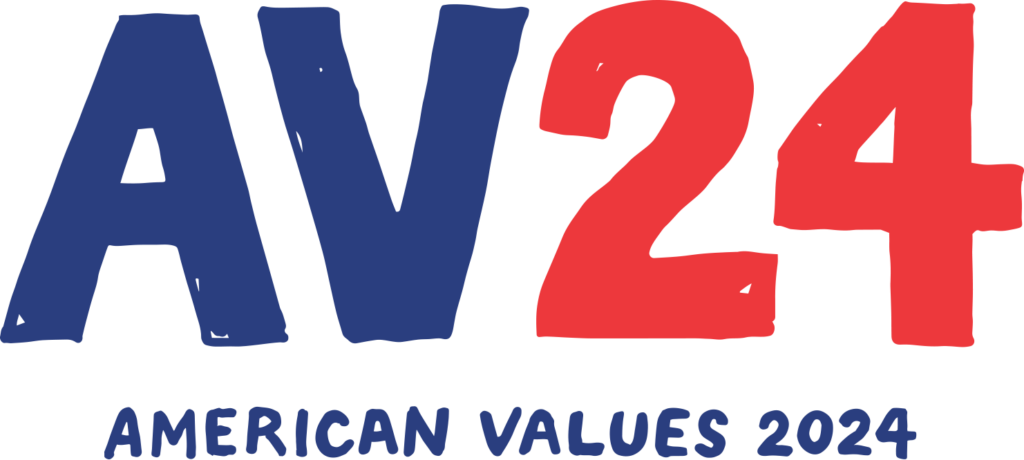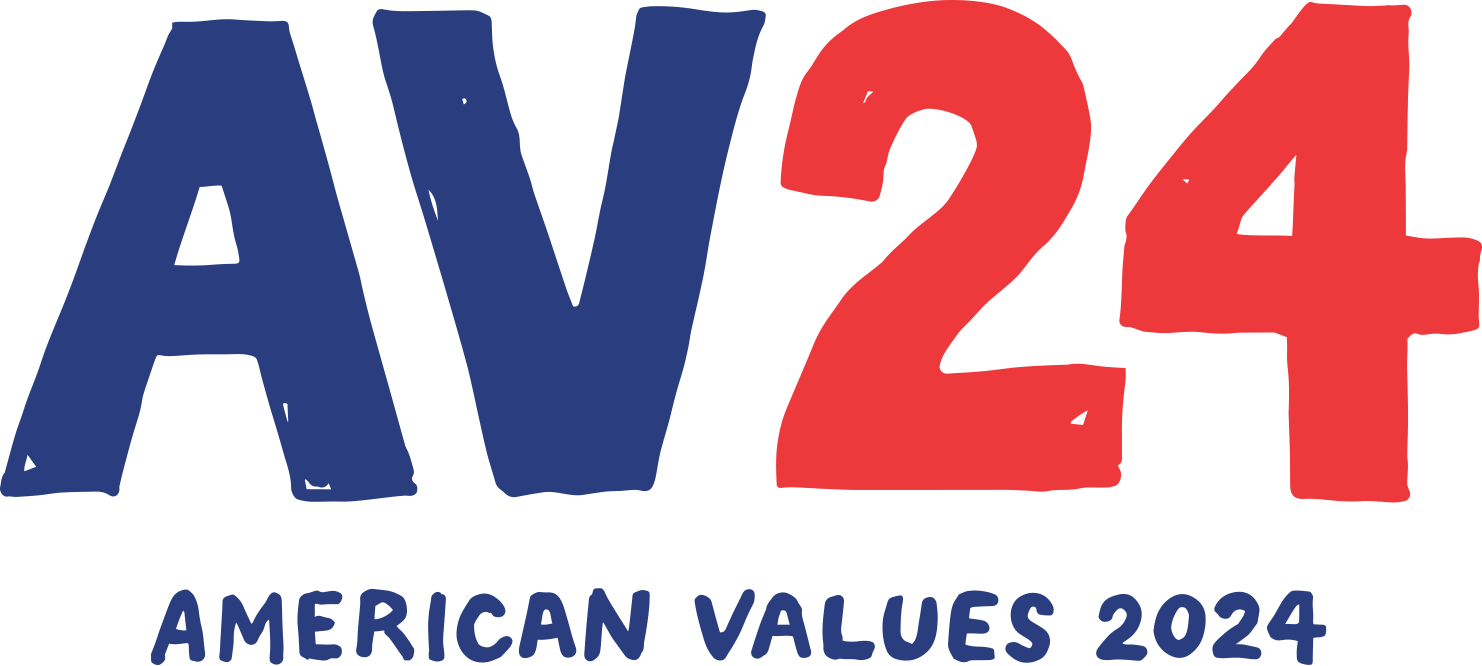Why Baby Boomers Don’t Like Kennedy - But Should
American Values 2024 | January 10, 2024
By Blake Fleetwood, The Kennedy Beacon
Recent
“Baby boomers are the only group I don’t do well in,” Kennedy says.
Like many baby boomers, I idolized the candidate’s father, Senator Robert F. Kennedy.
I was scheduled to join his 1968 presidential campaign that June — taking time away from protesting the Vietnam War by occupying the president’s office at Columbia University.
RFK won the trust and admiration of the best and brightest of my baby boom generation. He confronted the Establishment from within against all the odds by challenging the sitting pro-war Democratic president.
He was the darling of our generation with his staunch anti-war positions, his moral appeals against racism, and his magnetism as the activist champion of the country’s disinherited middle class. He was the last Democratic populist.
Robert F. Kennedy Jr. now seeks to bridge this “Generational Gap” and take up his father’s baton, driven by the same passion to address the systematic erosion of the middle class, the death of the American Dream, and the enduring legacy of endless, misguided, stupid wars that have plagued America for half a century.
So how come boomers don’t share the enthusiasm for his candidacy — which echoes his father’s passion for justice and peace?
One answer is that younger people are naturally out to change the world and more inclined to confront a corrupt establishment. As we get older, we become more conservative and more scared.
The other answer, Kennedy says, is surprisingly straightforward. Baby boomers rely heavily on mainstream media outlets such as The New York Times, The Washington Post, MSNBC, CNN, and network news broadcasts on NBC, CBS, and ABC for their news.
In other words, we boomers are all Luddites due to our reliance on traditional mainstream media. We don’t get our information from Podcasts or Twitter/X or Facebook.
The mainstream media has systematically ignored, banned, seared, and attacked Kennedy’s views to make him out to be a demented conspiracy theorist, an anti-vax monster. His talk about dismantling the war-loving American Empire, the corporatization of America’s political economy, and the systematic corruption in Washington scares the hell out of them.
“If I was stuck in their media bubble,” Kennedy says, “ I would have a very low opinion of myself. I wouldn’t like myself, either.”
Patrick Bet-David, in a Podcast, suggested that the reason for RFK’s unpopularity with boomers stems from the shirtless videos of the presidential hopeful working out. “They don’t have Kennedy’s abs, and their wives are asking, ‘Why can’t you bench press like that?’”
Kennedy opines that the mainstream media has systematically marginalized, censored, ridiculed, and distorted his views. He attributes this negative portrayal to the media’s hysterical fear of former President Donald Trump and their concern that his progressive agenda will divert votes away from President Biden.
This intense anti-Trump sentiment has led to misleading distortions of Kennedy’s positions and statements. As someone who has worked within the mainstream media, The New York Times, the Daily News, HuffPost, and others, I understand the dynamics at play. Editors, reporters, and pundits know by osmosis what stories will make the front page or even be published. This understanding shapes their coverage accordingly. Nobody has to tell them what to write explicitly.
Share
Additionally, Kennedy suggests that the mainstream media is reluctant to offend the corporate oligarchy, which he actively challenges. A significant portion of television news network revenue comes from pharmaceutical advertisements, and Kennedy’s advocacy for vaccine safety and accountability puts him at odds with these lucrative interests.
As RFK Jr rises in the polls – he leads both Trump and Biden among independents below age 45 –- the mainstream media will not be able to ignore his candidacy. Their children will talk to them. He will be in the presidential debates, and boomers will be able to hear his views and vision of America’s future – in his own words. Focus groups have proven that voters become supporters when they hear Bobby speak directly.
Anis Shivani, a left-wing baby boomer and fiction writer, penned an article, Should the Left Give RFK, Jr. a Chance?
After hearing Kennedy speak, Shivani wrote, “(RFK Jr.) speaks in a voice of reason, harkening to a rhetorical style that has mostly passed from the American scene. I doubt that we have heard such eloquence and intelligence since the great charismatic leaders of the sixties…Kennedy is able to connect apparently disparate developments into an overarching worldview.”
Maybe when that happens, and they actually hear RFK Jr. directly, these 60 and 70-year-olds will remember the dreams that RFK Sr. aroused in them when they were young. Maybe then they will realize that RFK’s son is the living embodiment of that American Dream that his father first so eloquently articulated before an assassin’s bullet so tragically silenced him.
Robert Kennedy’s ideals were once the baby boomers’ ideals. These are the same ideals that Robert Kennedy Jr. still continues to articulate “before we went off the rails somewhere around 1968,” according to Shivani.
In 1980, Senator Ted Kennedy, Bobby’s uncle, summed up the legacy, values, and commitment of the family: “For all those whose cares have been our concern, the work goes on, the cause endures, the hope still lives, and the dream shall never die.”
Blake Fleetwood was a reporter for The New York Times and has written for The New York Times Magazine, New York Magazine, The New York Daily News, the Wall Street Journal, USA Today, the Village Voice, Atlantic and the Washington Monthly on a number of issues. Read more at: http://www.huffingtonpost.com/blake-fleetwood

